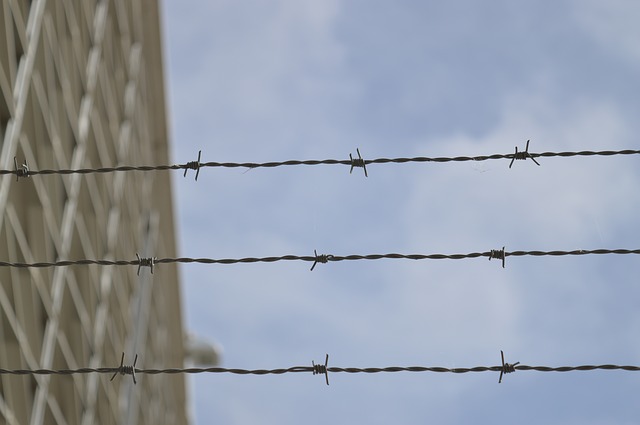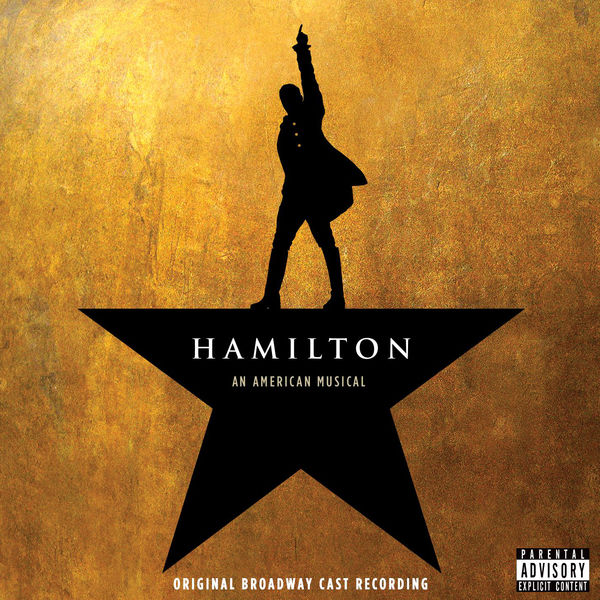The Godless Perverts Social Club is excited to host a discussion led by Cinnamon Maxxine and Donna about cultural appropriation, especially as it happens in alternative sexuality communities. Come ready for a dynamic, serious discussion about how to have a respectful relationship with other cultures.
We have a new location for the Oakland Godless Perverts Social Clubs! We’re now meeting at Rudy’s Can’t Fail Cafe, 1805 Telegraph Avenue, next to the Fox Theater (and right near the 19th St. Oakland BART station). Rudy’s Can’t Fail is a fun, friendly space that serves meals, small bites, beer, cocktails, soft drinks, and desserts. We’re meeting in the back room/ dining car: the dining car has somewhat limited space, probably enough for all of us, but it’s a good idea to arrive on time if you want to be sure to get a seat. Thursday, February, 7-9 pm. The Oakland Social Clubs are on the third Thursday of the month (First Tuesdays are still in San Francisco at Wicked Grounds.)
Community is one of the reasons we started Godless Perverts. There are few enough places to land when you decide that you’re an atheist; far fewer if you’re also LGBT, queer, kinky, poly, trans, or are just interested in sexuality. And the sex-positive/ alt-sex/ whatever- you- want- to- call- it community isn’t always the most welcoming place for non-believers.
So please join us! Hang out with other nonbelievers and chat about sex, sexuality, gender, atheism, religion, science, social justice, pop culture, and more. All orientations, genders, and kinks (or lack thereof) are welcome. We meet on the third Thursday of every month at Rudy’s Can’t Fail Cafe (we also meet on the first Tuesday of every month at Wicked Grounds, 289 8th Street at Folsom in San Francisco, near Civic Center BART). 7-9 pm. Admission is free, although we do ask that you buy food and/or drink at the venue.
Godless Perverts presents and promotes a positive view of sexuality without religion, by and for sex-positive atheists, agnostics, humanists, and other non-believers, through performance events, panel discussions, social gatherings, media productions, and other appropriate outlets. Our events and media productions present depictions, explorations, and celebrations of godless sexualities — including positive, traumatic, and complex experiences — focusing on the intersections of sexuality with atheism, materialism, skepticism, and science, as well as critical, questioning, mocking, or blasphemous views of sex and religion.
Godless Perverts is committed to feminism, diversity, inclusivity, and social justice. We seek to create safe and welcoming environments for all non-believers and believing allies who are respectful of the mission, and are committed to taking positive action to achieve this. Please let the moderators or other people in charge of any event know if you encounter harassment, racism, misogyny, transphobia, or other problems at our events.
If you want to be notified about all our Godless Perverts events, sign up for our email mailing list, follow us on Twitter at @GodlessPerverts, or follow us on Facebook. You can also sign up for the Bay Area Atheists/ Agnostics/ Humanists/ Freethinkers/ Skeptics Meetup page, and be notified of all sorts of godless Bay Area events — including many Godless Perverts events. And of course, you can always visit our Website to find out what we’re up to, godlessperverts.com. Hope to see you soon!














